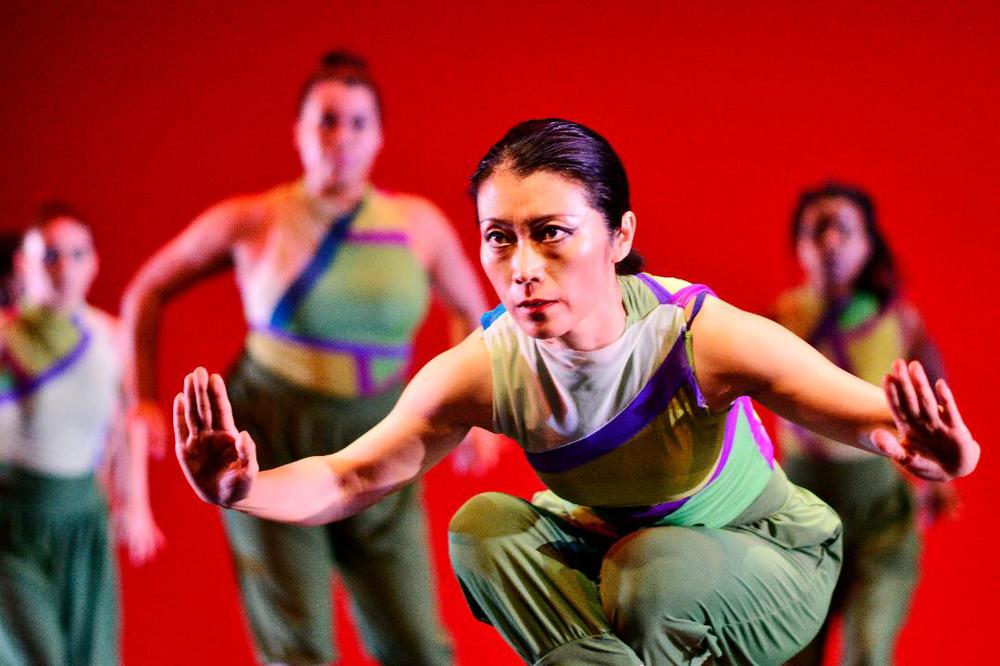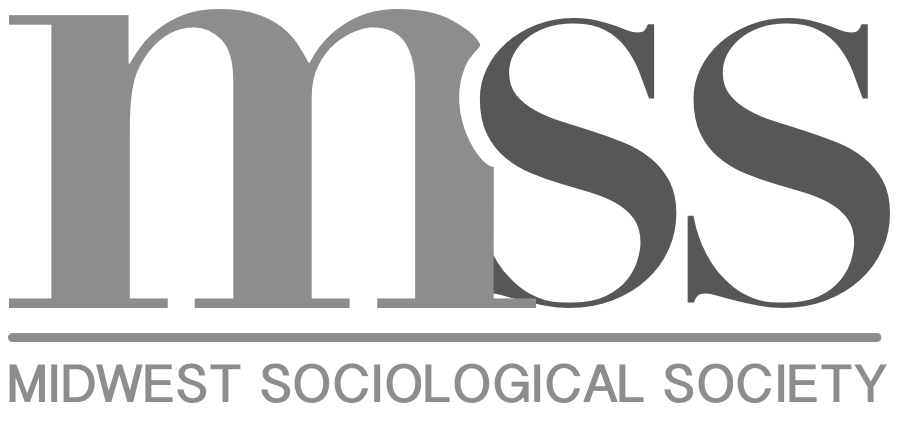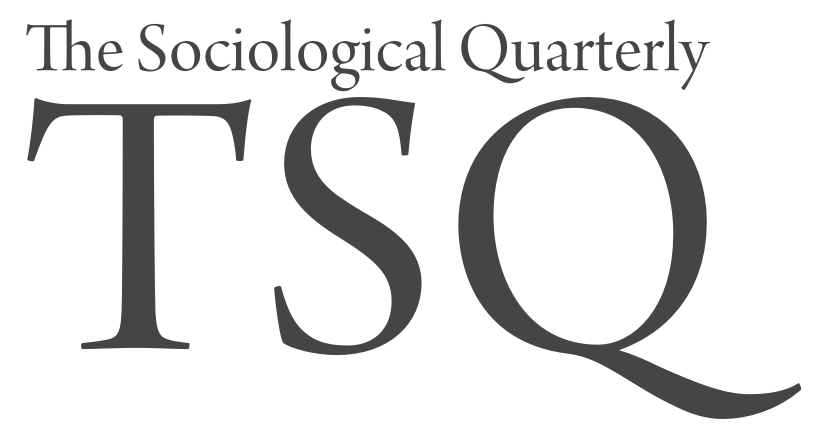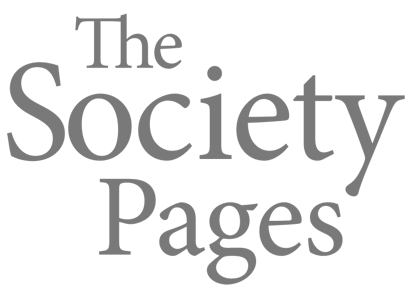In this issue of Meet the Midwest!, we spoke with Dr. Hui Wilcox from St Catherine University in Minneapolis, Minnesota, about her work in dance, cultural studies, and activism. Read more below!
1) You have published articles and book chapters which cover a variety of topics, including Asian-American identities and experiences, cultural material such as dance and music, and transnational approaches to feminism. Can you tell us about any recent or in-progress research? Where do you see yourself, and the field of sociology as a whole, going next when it comes to researching these topic areas?
I have a few research projects in progress. One of them concerns the historical and contemporary dance and music production in Ethiopia and its role in collective memory and identity formation. This inquiry involves archival, ethnographic, and interview data, both from Ethiopia and from the Ethiopian diaspora. My interest in Ethiopia began when I traveled there to perform with Ananya Dance Theatre at the Ethiopian National Theater in 2015 - another example of the symbiosis between my academic work and dance work. In the last three years, I have enjoyed studying Amharic (the official language of Ethiopia), and meeting folks in Ethiopia and its diaspora whose hospitality, as far as I can tell, rivals that of my home country, China.
Through this research, I hope to contribute to the discipline of Sociology by engaging with concepts such as nation, diaspora, collective memory, and transnationalism, and by highlighting the important roles of embodied cultural production in macro and micro social processes. My research in and about Ethiopia has also challenged me to reflect on and articulate methodological issues such as positionality, subjectivity and ethics in the context of transnational collaboration. I have included a discussion of these issues in a paper “Global and Local Media and the Making of an Ethiopian National Icon,” recently accepted for publication in Journal of African Cultural Studies.
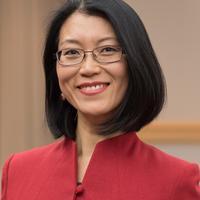
Photo credit: RebeccaStudios
As I try to understand the historical and social contexts of Ethiopia myself, I have come to see the general need for more Sociological research about Ethiopia and its diaspora. Ironically, some of the most important earlier works in the interdisciplinary field of Ethiopian Studies were written by an American sociologist, David Levine, in 1965 and 1974. Since the end of the 19th century, Ethiopia’s multifaceted history has included entangled processes such as the ebb and flow of an imperial system, fierce anti-colonial struggles, the building of a modern nation-state that attempted to integrate many ethnic groups, a Marxist revolution and its demise. More recently, Ethiopia became the fastest developing African nation through its neoliberal reform; but the new regime championing ethnic federalism remains contested and its diaspora is fast growing around the globe. Ethiopia and its diaspora present both challenges and opportunities to sociologists. I hope to build bridges between Sociology, Ethiopian Studies, and Cultural Studies, as I apply sociological theories and methods to inquiries about Ethiopian dance and music production. I want to engage in ethical research that produces knowledge that benefits Ethiopian society and its diaspora - especially the marginalized groups.
2) How would you describe what motivates you to research these areas? How did you come to research these areas? For other sociologists who are interested in researching the intersections of immigrant identities, gender, and dance, do you have any advice or suggestions?
In my dissertation (many years ago), I investigated the role of embodied cultural production in ethnic construction through an ethnography of a Chinese American dance organization in the Midwest. My more recent work has extended and deepened that work in various ways, through conceptual and methodological engagements with Sociology, Asian American Studies, Cultural Studies, and Women’s Studies. Perhaps unlike most sociologists, I have let my scholarly work be shaped by two very different institutional contexts: As long as I have been a faculty member at St. Catherine University, I have also worked as a dance artist and cultural activist with Ananya Dance Theatre, over the last 14 years. St. Catherine University is a women’s university with an increasingly diverse student population, and a mission to “educate women to lead and influence.” Ananya Dance Theatre is a women-of-color dance group with the principle of “People Powered Dance of Transformation.” It’s fair to say that these two organizations have something to do with with the increasing focus on feminism in my scholarship. My work on Hmong American experiences and its connection to Asian American Studies has resulted from my learning from and collaboration with Hmong American students at St. Kate’s. And my orientation to critical transnational feminist praxis is firmly grounded in Ananya Dance Theatre’s commitment to telling stories of marginalized women from around the world, stories that are partly remembered, partly imagined, and partly researched. I am drawn to feminist storytelling, both as a dance artist and as a qualitative researcher.
Photo Credit: Paul Virtucio. Photo courtesy of Ananya Dance Theatre
Through doing research with multiple communities (Chinese, Chinese American, Hmong American, Ethiopian, and Ethiopian diaspora), I’ve learned much about humility and compassion. I have learned to listen deeply to the people who I work with. I’ve had to adapt the focus and methods of my research based on what the community allows access to an outsider-researcher. In “Global and Local Media and the Making of an Ethiopian National Icon,” I use the term “methodology of compassion” to emphasize the importance of relationship building in cross-cultural research, and of treating so-called “research subjects” as co-producers of knowledge. Feminist epistemology has taught me about situated-ness and partiality of knowledge. Despite all of our efforts, there are things that we will not know; but the insight we manage to gain does contribute to the larger project of understanding and world making.
3) In your own words, how would you define “public sociology?” How do you feel that the spirit behind public sociology informs your research and publications?
Public sociology takes place when sociologists are conscientious participants of civic life and social movements, and when we are knowledge producers as well as change makers. I started my sociological career in the mid 1990s, wanting to make sense of the drastic changes in China, and trying to grapple with the changes alongside my community - a state enterprise facing massive layoffs. In a sense, I do not know of any sociology that is not “public” in spirit. But I see how the ivory tower can limit the vision of academics, so much that we could be consumed with publication for publication’s sake. I have the benefit of working in a liberal arts women’s university and with a women-of-color dance company, both oriented towards social justice; public sociology for me is an imperative, not a choice.
Be sure to check out more conversations with Midwestern sociologists on “Meet the Midwest!”
Additional Reading:
Levine, David. 1965. Wax and Gold: Tradition and Innovation in Ethiopian Culture. Chicago: The University of Chicago Press.
Levine, David. 1974. Greater Ethiopia: The Evolution of a Multiethnic Society. Chicago: The University of Chicago Press.
